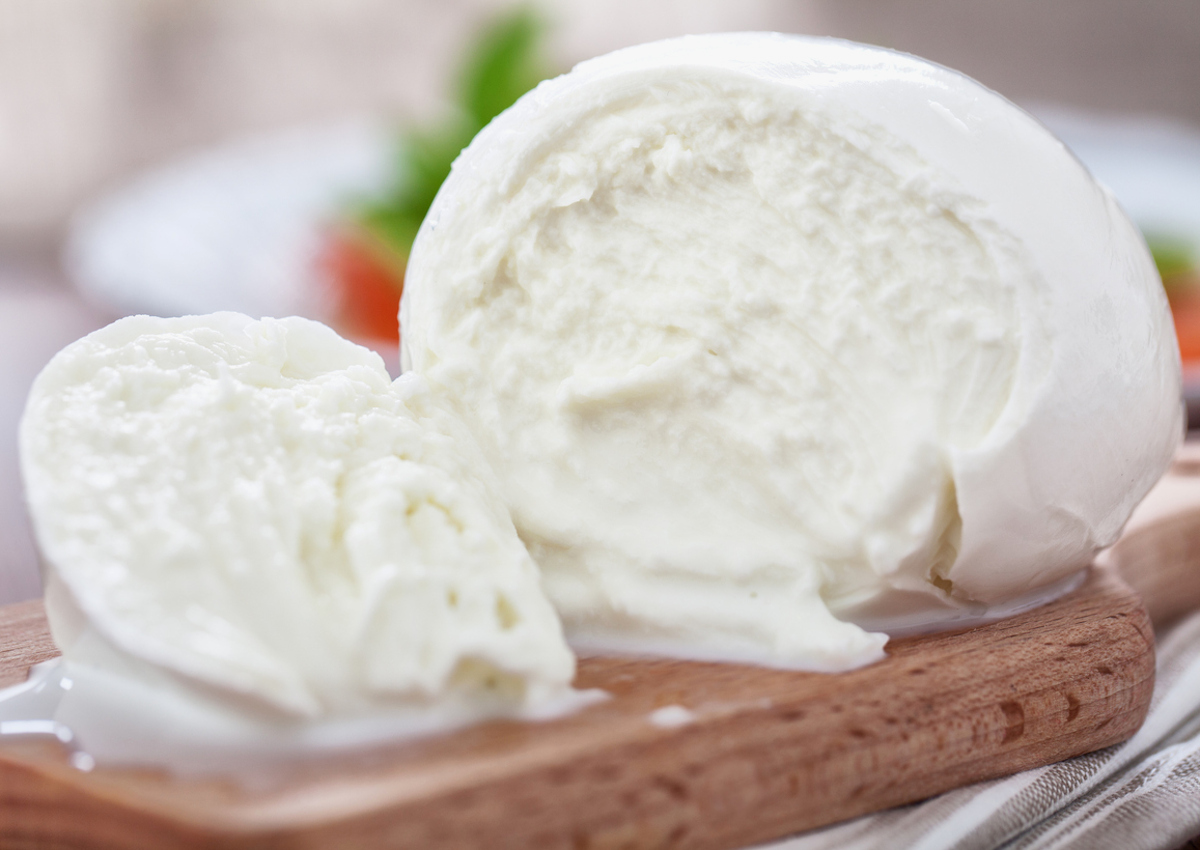In summer 2021, Japan’s Ministry of Agriculture announced that cheese consumption in 2020/21 (May 1 to June 30) was 360,744 tons, up for the seventh consecutive year.
Confining people to their homes, the Covid-19 crisis has sustained demand for this kind of food that is not part of the population’s traditional diet. As a result, for the first time after years of regression domestic cheese production returned to grow (by +7.1% compared to 2019/20, according to data provided by Nomisma and Agrifood Monitor).
The growth of dairy consumption in Japan is steadily growing, although largely below the level of Western countries. This may also favor the foreign supply of natural cheeses, that are imported for sale and not to be later used by the local industry as an ingredient for processed cheese.
In 2020/21, the share of imported natural cheeses on total consumption was 87.9%. Italy took advantage of this situation, confirming slightly higher export levels in the first eight months of 2021 (+1.3%) compared to export sales in 2020 – when they had already reached a satisfactory level.
Discover the authentic Italian dairy products on the Italianfood.net platform
FRESH CHEESES ARE BOOMING
There was strong growth in sales of fresh cheese (+22.6%), especially mozzarella (+40%), which generated a turnover of over 17 million euros. Italian fresh cheeses are sold through the retail channel, where they face competition from Japanese cow’s milk products, but also in the foodservice sector as ingredients for pizza. Matured cheeses are also sold in the gourmet channel, where they are purchased by consumers with high purchasing power and a good knowledge of European cuisine.
THE PROMISING FUTURE OF ITALY’S DAIRY
The Japanese market began to appreciate dairy products relatively late because the national diet revolves around soy-based foods (tofu and natto, obtained from the fermentation of soybeans). However, the westernization of habits is gradually pushing the Japanese to consume more cheese than in the past.
Italian exports may benefit from the Economic Partnership Agreement between Japan and the EU, which came into force in February 2019. In fact, the agreement provides for the gradual reduction of customs duties for all dairy products which should make European suppliers more competitive.

